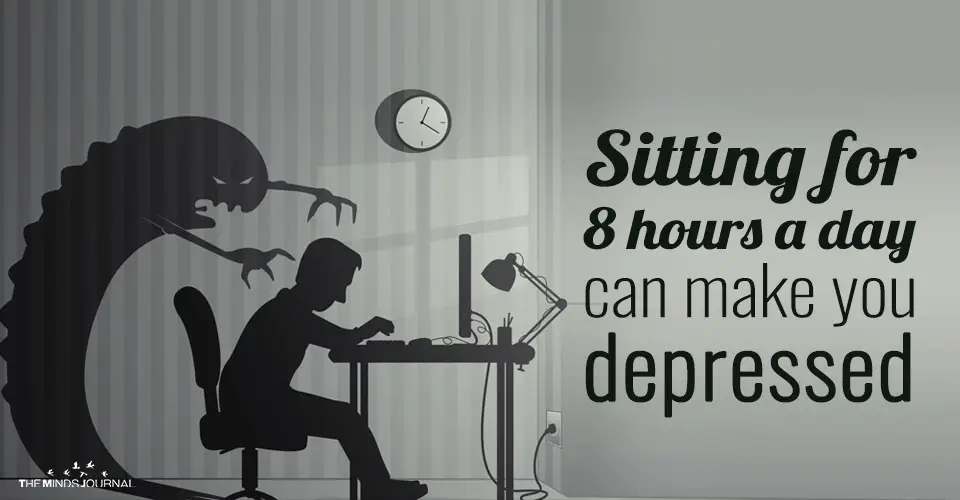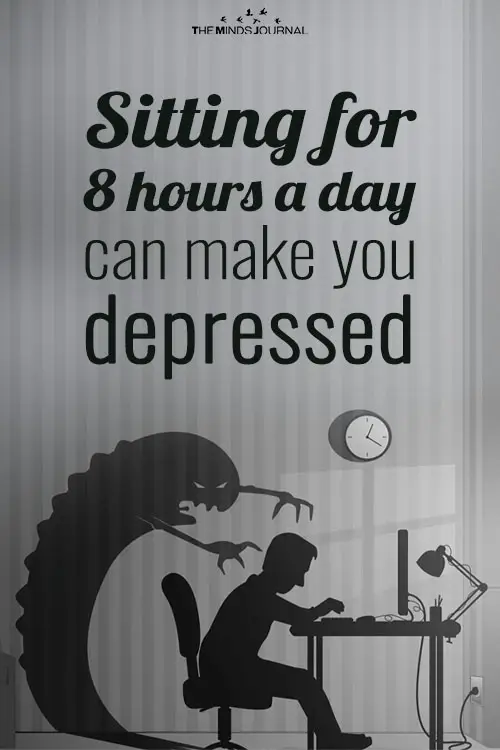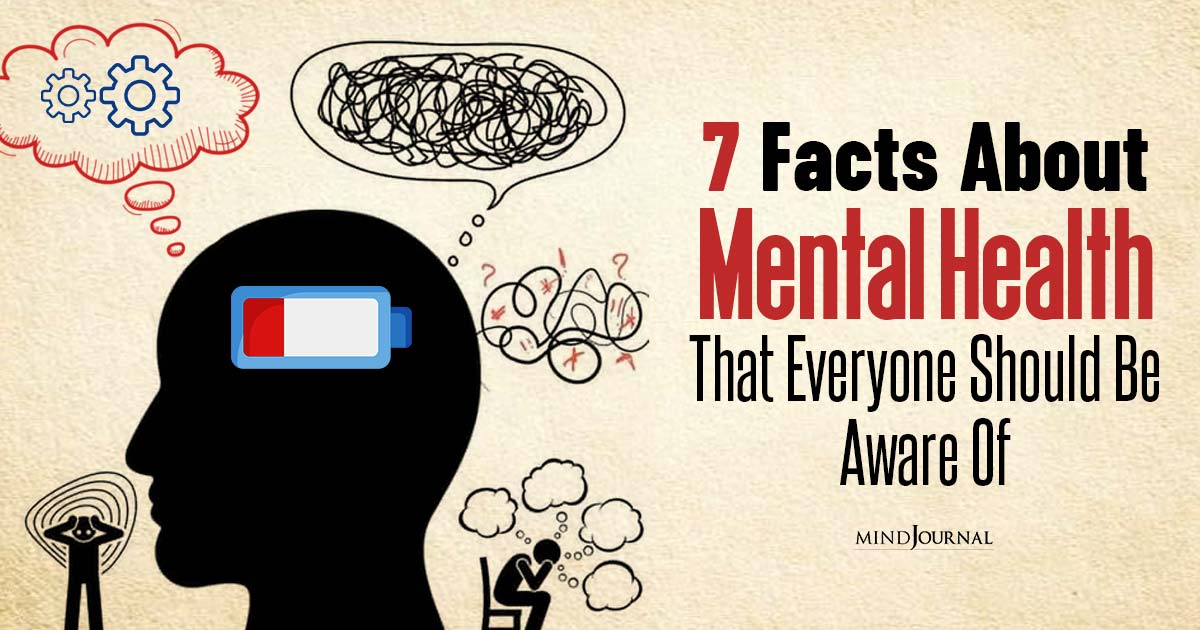Do you sit for long hours daily working on a desk or binge eating and watching Netflix? Then you are at risk of depression!!!
A latest UK based study found a greater risk of depression in youngsters due to long sitting hours and less physical activity.
Aaron Kandola along with four other researchers at University College London used data from 4,257 teenagers. They were already involved from the birth in longitudinal research as a part of the University of Bristol’s Children of the 90s cohort study.
This Lancet Psychiatry study found that 60 minutes of walking or any other light activity on a daily basis at the age 12 can reduce the risk of depression by 10% at the age 18.
The children of age group 12, 14, 16 wore accelerometers to track light activity such as daily chores or walking and moderate-to-physical activity like cycling for 10 hours over at least 3 days. The movement tracker also identified when a child was sedentary.
The researchers observed that –
- 60 minutes of sedentary behavior daily at age 12, 14 and 16 led to depression score 1.1%, 8% or 10.5% by the time these children turned 18
- A higher amount of sedentary behavior at all three ages increased the overall depression score by 28.2% by age 18
- Increase in light physical activity daily at all three ages lowered the depression score by 9.6%, 7.8%, and 11.1% respectively.
The authors of the study emphasized that it’s not always necessary – an intense physical activity is beneficial for mental health. Instead, any light activity that can reduce the sitting hours is sure to improve both physical and mental health.
Why is physical inactivity or sitting for too long in youngsters a matter of concern?
Aaron Kandola and his team conducted this study on adolescents because researchers have earlier warned that sedentary behavior – prolonged sitting can lead to negative mental health outcomes in adults.
One such study published in the journal – BMC psychiatry in 2017, examined the relationship between depression and overall sitting time and physical activity in South Korean adults.
Results showed that sitting for 8 hours and more is linked to a higher risk of major depressive disorder.
However, most researches include adults as study participants than teens. There is a lack of studies showing the long-term effects of a sedentary lifestyle on the mental health of youngsters.
But, this new study identified that not only adults and working population sitting long hours are prone to depression, but teenagers and adolescents too.
How prolonged sitting causes depression is still unclear.
The researchers say that there is a need for more longitudinal studies like this one to measure the long-term impact of our sedentary lifestyles and the exact mechanism of depression caused by it.
It is crucial to take care of youngsters at risk of depression because this mental health problem continues into adulthood. It’s high time for the initiative because the number of young people with depression is rising by leaps and bounds according to The National Institute of Mental Health
Identifying and preventing the risk factors in the early years may suppress major depression in later life.
Why should you pay attention to light activity to curb the risk of depression?
At the end of the research, Aaron and senior author Joseph Hayes highlighted “Light Activity” to reduce the risk of depression.
Because light activities like standing or any other hobbies that can reduce sitting time are easy to add to our daily routine. They take less effort and time, unlike gym or any other moderate-to-vigorous activities that require a dedicated time period.
Researchers suggest – implementing light physical activity at the population level especially in schools to protect youngsters.
“Small changes to our environments could make it easier for all of us to be a little bit less sedentary,” said Joseph Hayes.
Whether you are a teenager or adult if you don’t want to catch up depression – get up and move!
Resource:
Kandola, A., Lewis, G., Osborn, D. P., Stubbs, B., & Hayes, J. F. (2020). Depressive symptoms and objectively measured physical activity and sedentary behaviour throughout adolescence: a prospective cohort study. The Lancet Psychiatry.
Disclaimer:
Please note no content on this site, should ever be used as a substitute for direct medical advice from your doctor or other qualified clinicians









Leave a Reply
You must be logged in to post a comment.